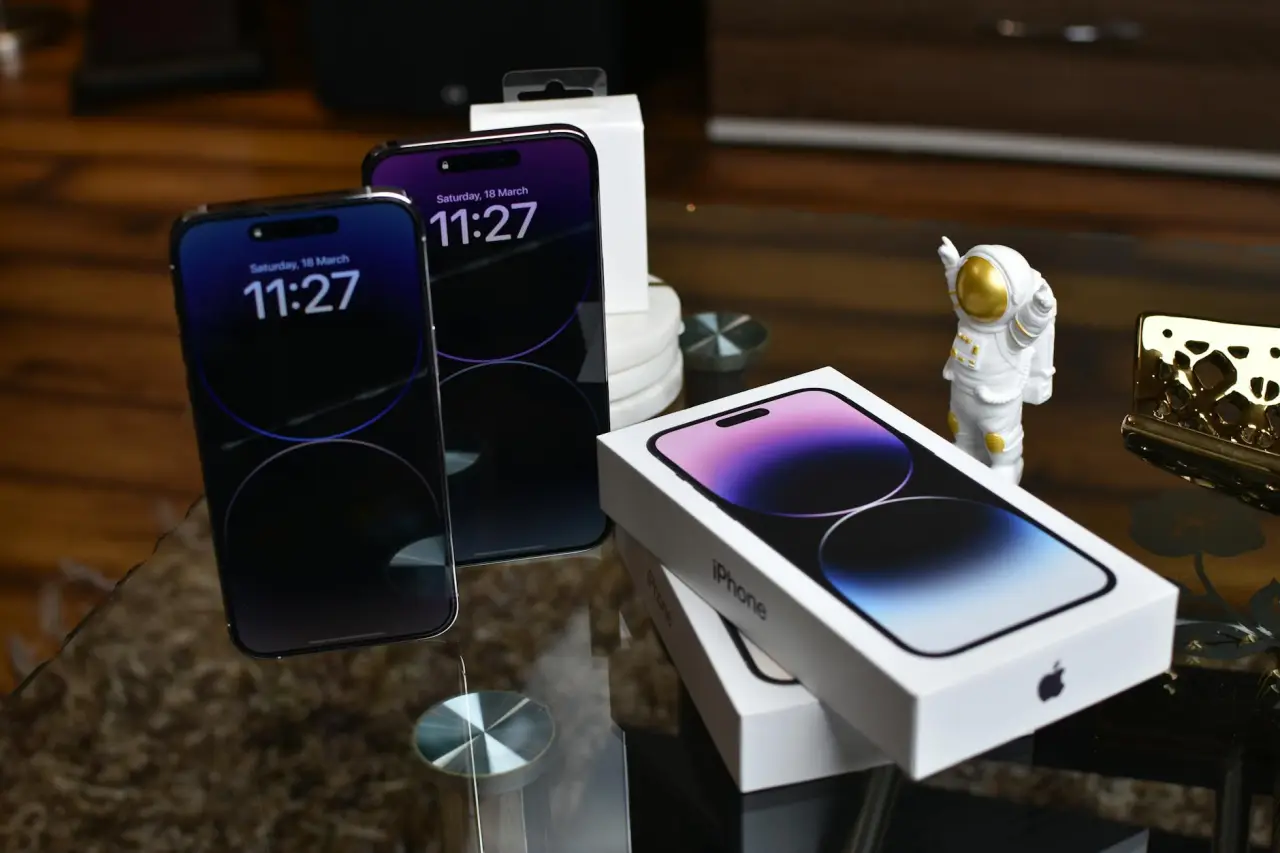Apple’s recent release of iOS 17.3 has introduced a critical new security feature known as Stolen Device Protection. This update not only enhances the security of iPhones but also brings additional updates like new wallpapers, collaborative playlists in Apple Music, and expanded AirPlay functionality.
Key Highlights:
- Stolen Device Protection introduced in iOS 17.3 to safeguard against theft.
- Requires Face ID or Touch ID for critical settings changes and accessing saved passwords.
- One-hour security delay for changing Apple ID password or device passcode outside familiar locations.
- Update includes new wallpapers, collaborative playlists in Apple Music.
- Expanded AirPlay functionality and optimizations for crash detection.

How to Activate Stolen Device Protection
To turn on the Stolen Device Protection on your iPhone, you need to navigate to your device’s settings. It’s important to note that this feature is not enabled by default. Once enabled, it requires biometric authentication (Face ID or Touch ID) for critical changes such as accessing stored passwords or changing the Apple ID password.
Understanding Stolen Device Protection
This new feature adds an extra layer of security by making it mandatory to use Face ID or Touch ID for accessing important settings and saved passwords. If the iPhone is not in a familiar location, and the user attempts to change the Apple ID password or the device passcode, a one-hour waiting period is enforced, followed by successful biometric authentication. This security delay gives users time to remotely wipe their iPhone in case of theft.
Additional Features in iOS 17.3
Apart from the Stolen Device Protection, the iOS 17.3 update brings new wallpapers, allowing users to refresh the look of their iPhones. The collaborative playlists in Apple Music introduce a social element to music sharing. AirPlay functionality now includes hotel support, providing an enhanced streaming experience in select locations. There are also improvements in crash detection for smoother performance across Apple device.Beyond security enhancements, iOS 17.3 brings a breath of fresh air to the user experience with new wallpapers, adding a fresh look to your device. Apple Music now allows users to create collaborative playlists, adding a social dimension to the music experience. For travelers, the expanded AirPlay functionality now includes support for streaming content directly to TVs in select hotel rooms.
How Does It Work?
Once activated, the Stolen Device Protection feature requires biometric authentication for accessing saved passwords and making critical setting changes. In scenarios where the iPhone is not in a familiar location, and there’s an attempt to change the Apple ID password or device passcode, the feature imposes a one-hour waiting period followed by a successful biometric authentication. This mechanism is designed to give users ample time to remotely wipe their iPhone in case it’s stolen, thereby securing their data.
The iOS 17.3 update is a significant step forward in iPhone security, with the introduction of the Stolen Device Protection feature. This feature is designed to combat the increasing incidents of phone theft and unauthorized data access. It requires biometric authentication for critical changes and introduces a one-hour security delay for certain actions outside familiar locations. In addition to security enhancements, the update brings new wallpapers, collaborative playlists in Apple Music, and expanded AirPlay functionality, underlining Apple’s ongoing commitment to enhancing user experience and device security.

























Add Comment